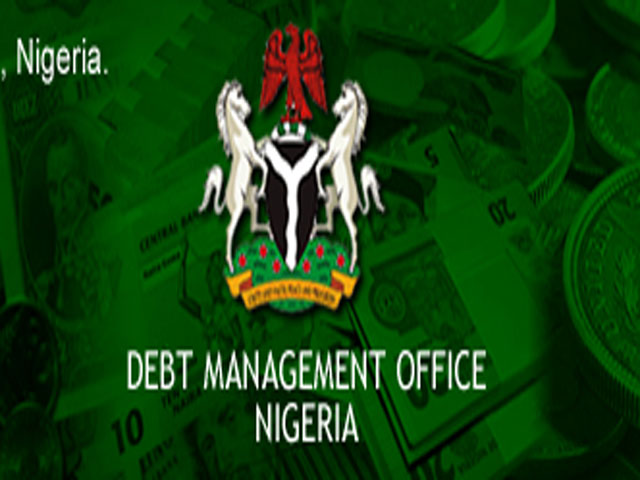Debt Management Office has said that the Nigeria’s total public debt as at March 31, 2018 stood at N22.71 Trillion or USD74.28 billion. This represents an increase of 4.52 per cent when compared to the figure as at December 31, 2017. DMO in a press release said that the increase was accounted for largely by the increase in the Domestic Debts of States and the Federal Capital Territory (FCT), as well as, the $2.5 billion Eurobond issued in February 2018 whose proceeds were still being deployed to redeem maturing Domestic Debt.
According to DMO the Debt figures show that the implementation of the debt management strategy which entails an increase in the External Debt Stock through new external borrowing and the substitution of high cost domestic debt with low cost external debt, is achieving the desired results in several areas. It said that the share of the External Debt Stock in the Total Public Debt rose to 30 per cent as at March 31, 2018, compared to 17 per cent in 2015, 20 per cent in 2016 and 27 per cent in 2017.
It further said that the strategy has seen a decline in market interest rates from 13 – 14 per cent per annum in December 2017 to 11 – 13 per cent per annum in Q1 2018 due to the redemption of N279.67 billion of Nigerian Treasury Bills (NTBs) using some of the proceeds of the $2.5 billion Eurobond issued in February 2018. While the redemption of NTBs made more funds available to banks for lending to the private sector, the decline in Interest Rates implies lower cost of borrowing for the private sector. Thus, the Government is actively enabling the private sector through the instrumentality of financial markets, to play a leading role in economy.

